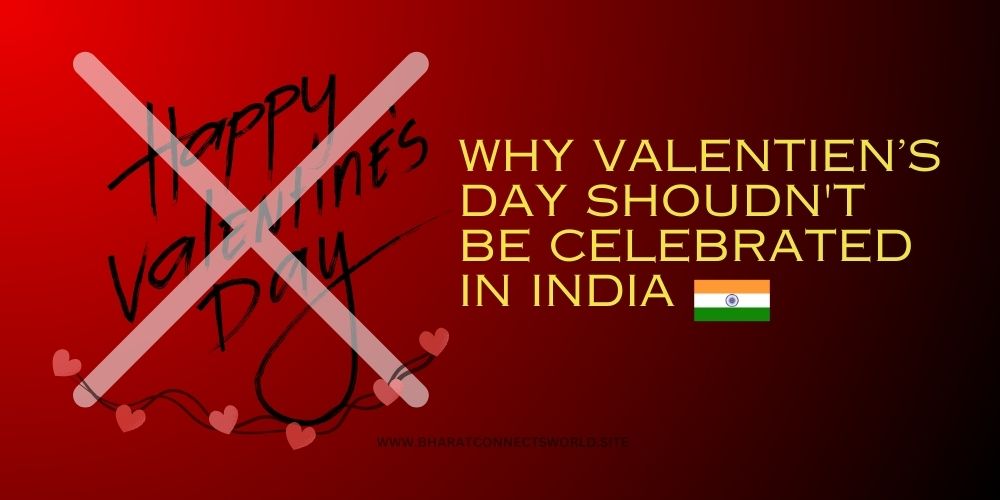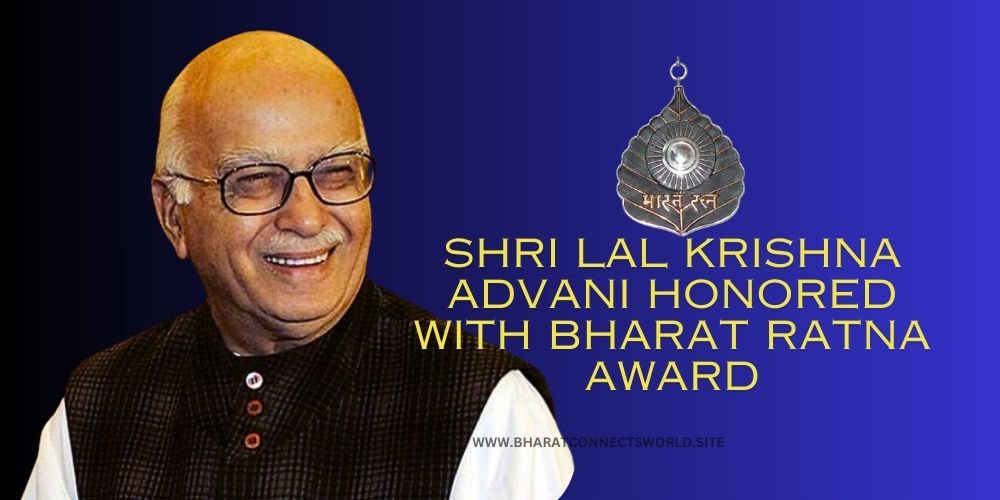Title: Why VALENTINE’S DAY Isn’t Embraced in India: Exploring History, Legends, and Cultural Perspectives
CREDIT:- SHUBHANKAR SINGH, AVI JAISWAL, VIVEK KAUSHIK
Introduction:
___________________________________________________________________________________
VALENTINE’S DAY, celebrated worldwide as a DAY of love and romance, holds a contentious place in Indian society. Despite its popularity in many parts of the world, the observance of VALENTINE’S DAY in India has been met with skepticism and opposition. In this blog, we dive into the historical origins, legendary tales, and cultural perspectives that contribute to the reluctance to embrace VALENTINE’S DAY in India.

History & Legends surrounding of VALENTINE’S DAY:
___________________________________________________________________________________
The history of VALENTINE’S DAY dates back to ancient Rome, where the celebration originated as a pagan festival known as Lupercalia. Held on February 15th, Lupercalia was a fertility festival dedicated to Faunus, the Roman god of agriculture, and Romulus and Remus, the legendary founders of Rome. During Lupercalia, young men would strip naked, sacrifice goats and dogs, and then use the animal hides to whip women, believing it would increase their fertility.
As Christianity spread throughout the Roman Empire, the early Christian Church sought to Christianize pagan holiDAYs. In the 5th century, Pope Gelasius I declared February 14th as St. VALENTINE’S DAY, in honor of St. Valentine, a Christian martyr who was executed on February 14th in 269 AD.
The historical details surrounding St. VALENTINE are shrouded in legend and folklore. One popular legend suggests that St. Valentine, a Roman priest, defied Emperor Claudius II’s decree banning marriage for young men, believing that single men made better soldiers. St. VALENTINE continued to perform marriages in secret, leading to his imprisonment and eventual martyrdom.


Another legend associates St. VALENTINE with acts of compassion and healing. While imprisoned, St. VALENTINE is said to have healed the blind daughter of his jailer, and before his execution, he wrote her a farewell letter signed “Your VALENTINE,” thus popularizing the tradition of exchanging love notes on VALENTINE’S DAY.
By the Middle Ages, VALENTINE’S DAY had become associated with romantic love and courtship. In England and France, it was believed that birds began to mate on February 14th, further enhancing the holiDAY’s association with love and fertility.
Over time, VALENTINE’S DAY evolved into a secular holiDAY celebrated worldwide, marked by the exchange of love tokens such as cards, flowers, and chocolates. ToDAY, VALENTINE’S DAY continues to be celebrated as a DAY of love and affection, albeit with its historical roots often overlooked in favor of modern romantic gestures.


Cultural Perspectives on VALENTINE’S DAY in India:
___________________________________________________________________________________
In India, the celebration of VALENTINE’S DAY has faced resistance from various quarters due to cultural, religious, and societal factors. Some traditionalists argue that VALENTINE’S DAY is a Western import that clashes with Indian values and traditions. They view the holiDAY’s commercialization and emphasis on romantic love as inappropriate in a society that prioritizes familial and communal bonds over individual relationships.
Additionally, conservative attitudes towards public displays of affection and premarital relationships contribute to the skepticism surrounding VALENTINE’S DAY in India. Certain religious and political groups have actively opposed the celebration of VALENTINE’S DAY, labeling it as a cultural invasion that promotes immorality and undermines traditional ndian values.

Alternatives to VALENTINE’S DAY in India:
___________________________________________________________________________________
Despite the reluctance to embrace VALENTINE’S DAY, India offers a myriad of alternative celebrations that emphasize love, companionship, and familial ties. Festivals such as Diwali, Raksha Bandhan, and Karva Chauth provide opportunities for expressing affection and strengthening interpersonal relationships within the framework of Indian culture and tradition.


Conclusion:
________________________________________________
VALENTINE’S DAY’s contested status in India reflects the complex interplay of history, legend, and cultural perspectives. While some individuals choose to celebrate the holiDAY as an expression of love and affection, others remain skeptical or opposed to its observance. Ultimately, whether or not to embrace VALENTINE’S DAY is a matter of personal choice and cultural interpretation, highlighting the diverse tapestry of beliefs and values that define Indian society.
NOTE:-
___________________________________________________________________________________
THE ARTICLE GIVEN ABOVE IS WRITTEN WITH THE INTENTION TO TARGET A SPECIFIC COMMUNITY AND TO STOP THE CELEBRATION OF VALENTINE’S DAY IN INDIA .

